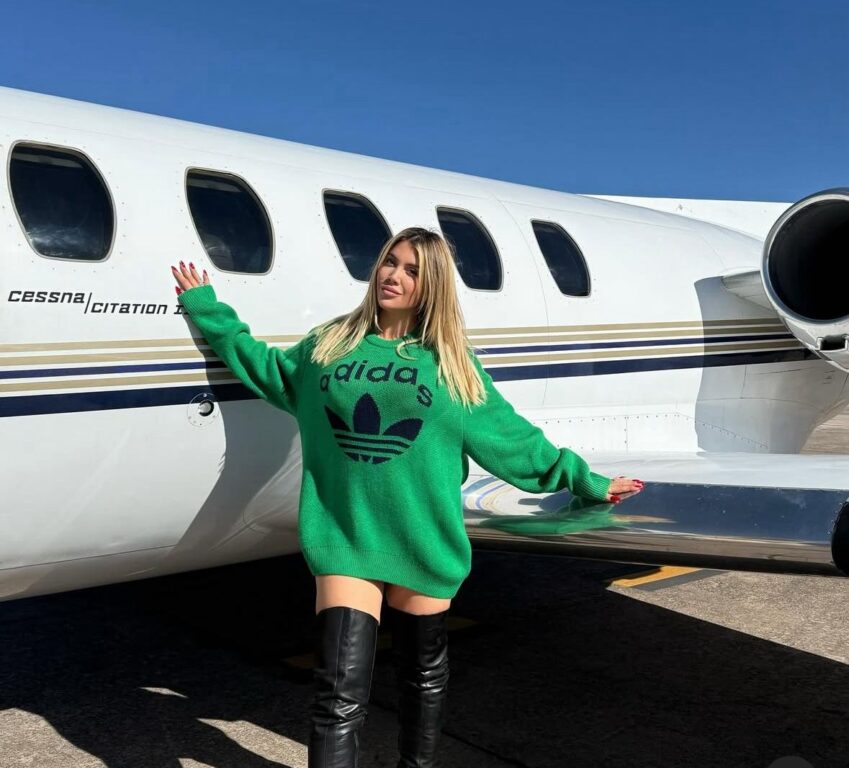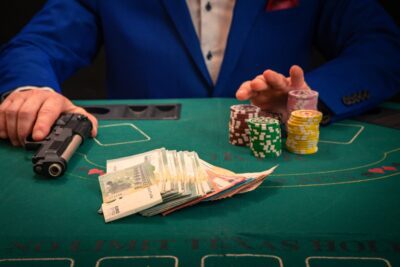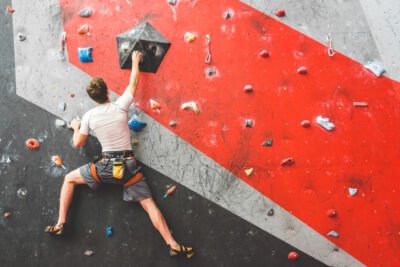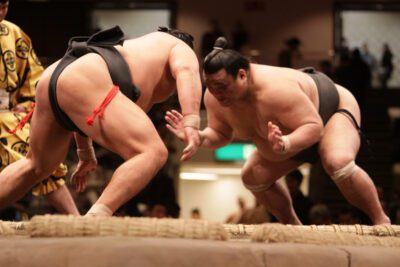Brazilian influencer Emily Souza was arrested in June after two months on the run and accused of promoting illegal gambling platforms and deceiving her thousands of followers with fake online casino ads promising fabulous winnings.
On her Instagram page Souza showcased a lavish lifestyle with photos of herself in Paris, Tokyo, Switzerland, and resorts in the Caribbean and the Maldives.
Then in August, Rio de Janeiro police hunted down 15 digital influencers, including Bia Miranda, with 5.3 million followers, on suspicion they were illegally promoting online gambling, deceiving followers with false promises of easy winnings, and laundering millions of reais using shell companies.
The 15 encouraged their followers to play the “Fortune Tiger” (Tiger Game), a popular online slot machine that is illegal in Brazil, and which players typically access via apps from foreign casinos that do not have a Brazilian license.
Ostentatious
In the police operation, dubbed “Disfortune,” one of the influencers, MaumauZK, known for his videos of ostentatious luxury, humour, and live gameplay was arrested for illegal possession of a weapon and had to pay bail of BR$151,000 (£20,700/US$27,700) to be released.
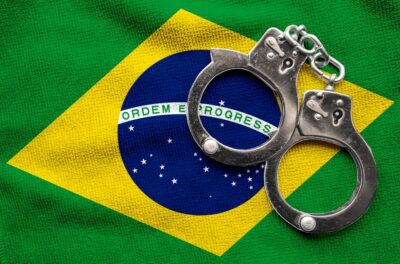
Maumau, incidentally, also acts as an ambassador for cassino.bet.br, a sports betting and online gaming site authorized by the Brazilian Secretariat of Prizes and Betting (SPA).
All this illicit activity by so-called “Bad Influencers” has triggered a massive crackdown in Brazil.
Authorities are clear: Bad influencers use their millions of followers to recruit thousands of gamblers on unregulated sites, promising quick wins and access to the luxurious lifestyles they display on their social media accounts.
And for this (dis)service, they receive huge amounts of money.
Phantom Sites
In the worst cases, there is outright fraud with phantom sites that never pay out prizes.
One very popular influencer was even suspected of receiving a bonus when gamblers lost by following her ads.
And the problem of Bad Influencers isn’t limited to Brazil.
In Argentina, for example, 110 influencers were charged in July for receiving million-dollar payments for promoting illegal gambling sites.
Among them was Wanda Nara (headline picture), an influencer with 17.6 million followers.
In a bold move to counter the malign impact of influencers, the Argentine justice system resorted to novel tactics by reaching an agreement with 17 of the charged–led by the popular Wanda–to record videos advising against the gambling sites they had advertised.
They asked the influencers to show anti-gaming and addiction messages to their followers for three consecutive days.
Gambling company executives clearly see the issue of influencers promoting illegal sites and fraudulent schemes as a serious problem.
Money Laundering
But they also warn that restricting, or banning influencers, who attract so many customers, could, unintentionally, push many gamblers into the embrace of the underground bad market.

“Influencers promote illegal websites and thus commit crimes. They make false promises of earnings, which violates the law, SPA ordinances, and the principles of responsible advertising,” says Bruno Geraldini, Country Manager of Futuras Apostas, the company behind the Brazino777 Brazil brand. “And they engage in money laundering and asset concealment.”
Amilton Noble, CEO of Hebara, which advises lottery and online gambling companies, says the issue of influencer advertising first took hold during the six- years when gambling was legal but unregulated in Brazil.
Greater oversight and integration with the police is needed to curb the practice of illegal advertising, urges Noble, as hitherto the few police initiatives have allowed bad influencers to continue as if nothing happened.
Viral
Yet Eduardo Ludmer, BetMGM ‘s legal chief, also cautions against excessive restrictions on influencers, most of whom work with licensed operators.
Severe restrictions could empower the illegal market, he argues.
According to the Brazilian Institute for Responsible Gaming (IBJR), 78 percent of Brazilians have trouble differentiating between legal and illegal sites, which still control 51 percent of the fixed-odds betting market in Brazil.
The Senate parliamentary commission investigating irregularities in Brazil’s online sports betting boom–known as the ‘CPI das Bets’–expanded its investigation in May to question gambling influencers and celebrities, including Virginia Fonseca, who has 52.5 million Instagram followers – twice as many as Madonna!
Fonseca denied allegations in the press that she had received large advances and commissions of up to R$50 million (£6.72m/US$9m) linked to gamblers’ losses – effectively meaning the more people lost, the more she earned.
The commission reached no conclusion.
But one member, Senator Cleitinho Azevedo, even had the gall to take a selfie with the popular influencer during the hearing.
Needless to say, the video went viral on social media.
